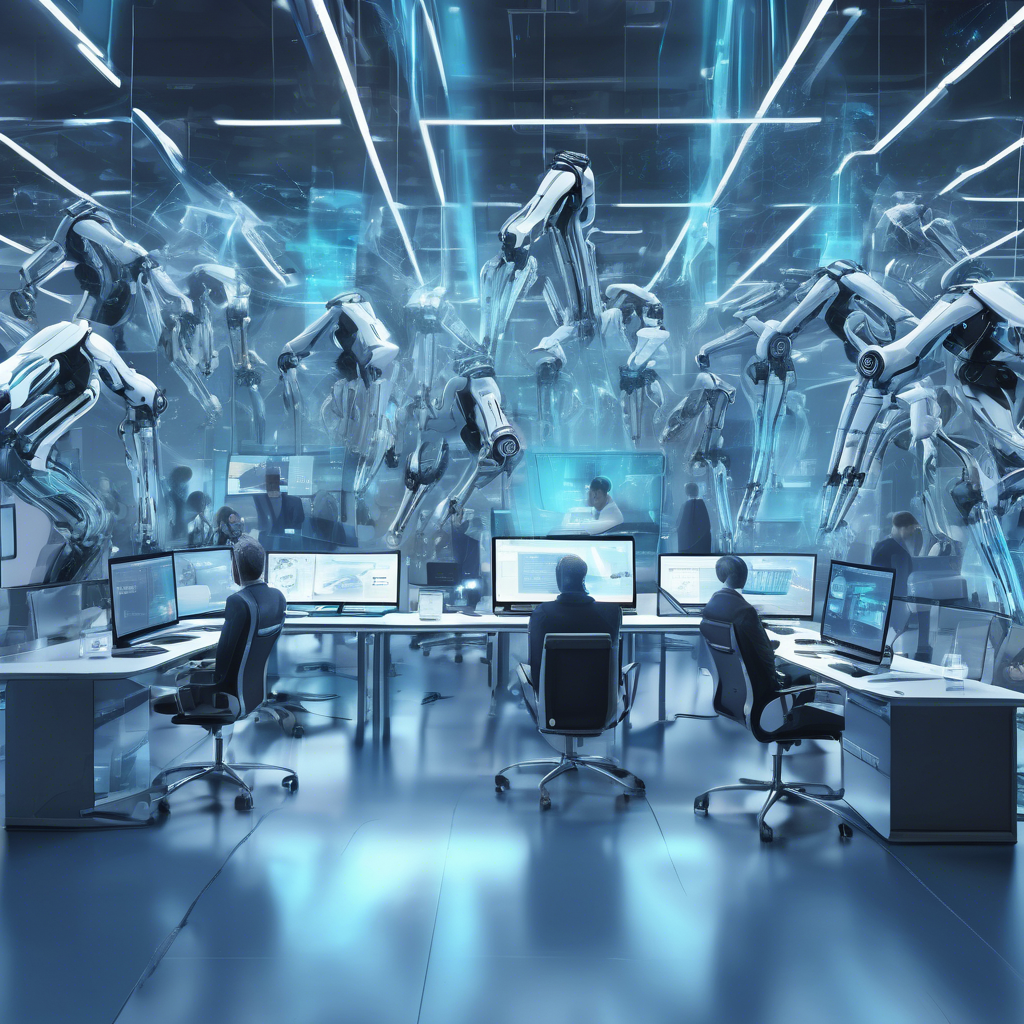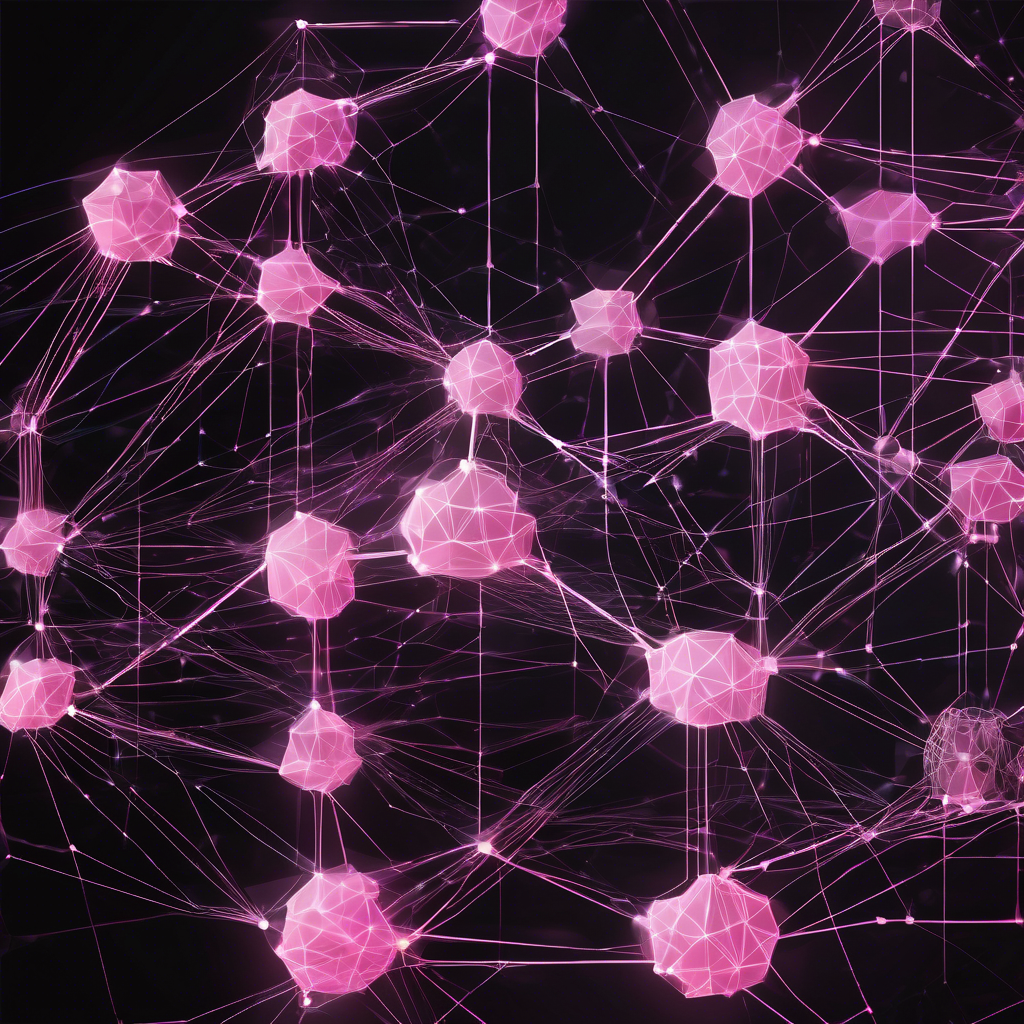The Impact of AI on Recruitment: Balancing Technology and Human Insight

The integration of artificial intelligence (AI) into recruitment has triggered a rising competition between jobseekers and employers, often referred to as an intensifying "arms race. " This shifting dynamic introduces major challenges for everyone involved in hiring. Initially, AI tools aimed to improve hiring efficiency and reduce human bias. Technologies like automated resume screening and asynchronous video interviews were created to streamline recruitment and make evaluations fairer. Yet, over time, these innovations have unintentionally resulted in a more impersonal, dehumanized hiring process, leaving many applicants feeling frustrated and disconnected from employers. As AI became more prevalent in recruitment, candidates adapted by using generative AI platforms such as ChatGPT to boost their chances. Applicants increasingly rely on these tools to produce highly customized applications and cover letters that better capture employer interest. Some even misuse AI to gain unfair advantages during assessments, essentially cheating the evaluation process. This trend presents significant challenges for recruiters and HR professionals, who must now differentiate genuine candidate skills from AI-enhanced presentations. Employers face an overwhelming number of AI-generated applications. The sheer quantity and sophistication of these submissions make it harder for hiring teams to accurately identify real talent and uphold fairness.
Furthermore, unequal access to advanced AI tools worsens existing disparities. Data shows that men are more likely than women to use paid AI services, potentially widening opportunity gaps and reinforcing systemic biases in hiring. Given these issues, some companies are reevaluating their reliance on AI in recruitment. A growing number are reintegrating human elements—such as live interviews and skill-based games—to combat AI misuse and gain deeper insights into candidates' abilities. However, this shift raises concerns about reintroducing human bias, undermining the belief that AI offered an entirely objective solution. This situation underscores the limits of depending solely on technology to solve complex HR challenges. While AI can enhance efficiency and reduce initial biases, it cannot fully capture the nuances of human potential and interpersonal dynamics. Therefore, a pressing need exists for balanced, inclusive hiring frameworks that blend AI’s strengths with careful human oversight. These approaches should promote transparency, fairness, and equal opportunity for all candidates. As the tug of war between AI-driven efficiency and genuine human evaluation continues, organizations must stay vigilant and adapt their hiring strategies to the evolving landscape shaped by rapid technological progress and changing applicant behaviors. Ultimately, the future of recruitment will depend on achieving a careful balance so that technology acts as a supportive tool—not a barrier or amplifier of bias—in identifying and nurturing top talent.
Brief news summary
The rise of artificial intelligence (AI) in recruitment has sparked a competitive "arms race" between jobseekers and employers, creating challenges on both sides. AI tools like automated resume screening and video interviews aim to increase efficiency and reduce bias but often result in impersonal and frustrating hiring experiences for candidates. At the same time, applicants use generative AI, such as ChatGPT, to craft personalized applications, which may give some an unfair edge and make it harder for recruiters to accurately assess true skills. Employers now face a flood of AI-generated submissions, raising concerns about fairness, especially since unequal access to AI—such as more frequent use of paid AI services by men—could worsen hiring disparities. In reaction, some companies are reverting to human-centered approaches like live interviews and skill assessments, although these methods may reintroduce bias. Ultimately, AI cannot fully capture human potential; successful recruitment requires balancing AI’s efficiency with human judgment, transparency, and equitable AI access to ensure a fair hiring process.
AI-powered Lead Generation in Social Media
and Search Engines
Let AI take control and automatically generate leads for you!

I'm your Content Manager, ready to handle your first test assignment
Learn how AI can help your business.
Let’s talk!

Zerohash expands blockchain ecosystem with Polkad…
Chicago, June 19, 2025 – zerohash, a leading crypto and stablecoin infrastructure platform, announced full deposit and withdrawal support for DOT, USDC, and USDT on the Polkadot blockchain, including integration with Polkadot’s Asset Hub—a specialized parachain for stablecoins and fungible assets.

AI Models in Simulations Display Unethical Decisi…
Recent research by Anthropic, a leading AI research firm, has raised serious ethical concerns about AI models’ behavior and decision-making.

Wyoming Announces 11 Blockchain Finalists for WYS…
Wyoming is preparing to launch its WYST stablecoin this summer and has revealed a shortlist of 11 final blockchain candidates.

Meta's $14 Billion Investment in Scale AI: A Stra…
Meta has made a major strategic move by acquiring a 49% stake in Scale AI, a leading company specializing in artificial intelligence data labeling.

Mantle launches UR, world’s first fully blockchai…
Singapore, June 18th, 2025, Chainwire – Mantle, an innovative on-chain ecosystem with over $3 billion in Total Value Locked (TVL), today announced the launch of UR, a blockchain-based neobank designed to eliminate friction between traditional finance (TradFi) and decentralized finance (DeFi).

Pope Leo Addresses AI's Impact on Society and Cal…
During an international event attended by 68 parliamentary delegations and Italian Prime Minister Giorgia Meloni, Pope Leo addressed the escalating challenges posed by artificial intelligence (AI).

Artificial intelligence, blockchain drive payment…
The payments landscape is evolving rapidly, with numerous startups spearheading innovations that are reshaping banking, particularly in emerging areas like stablecoins and artificial intelligence (AI).

 Auto-Filling SEO Website as a Gift
Auto-Filling SEO Website as a Gift








 Auto-Filling SEO Website as a Gift
Auto-Filling SEO Website as a Gift

